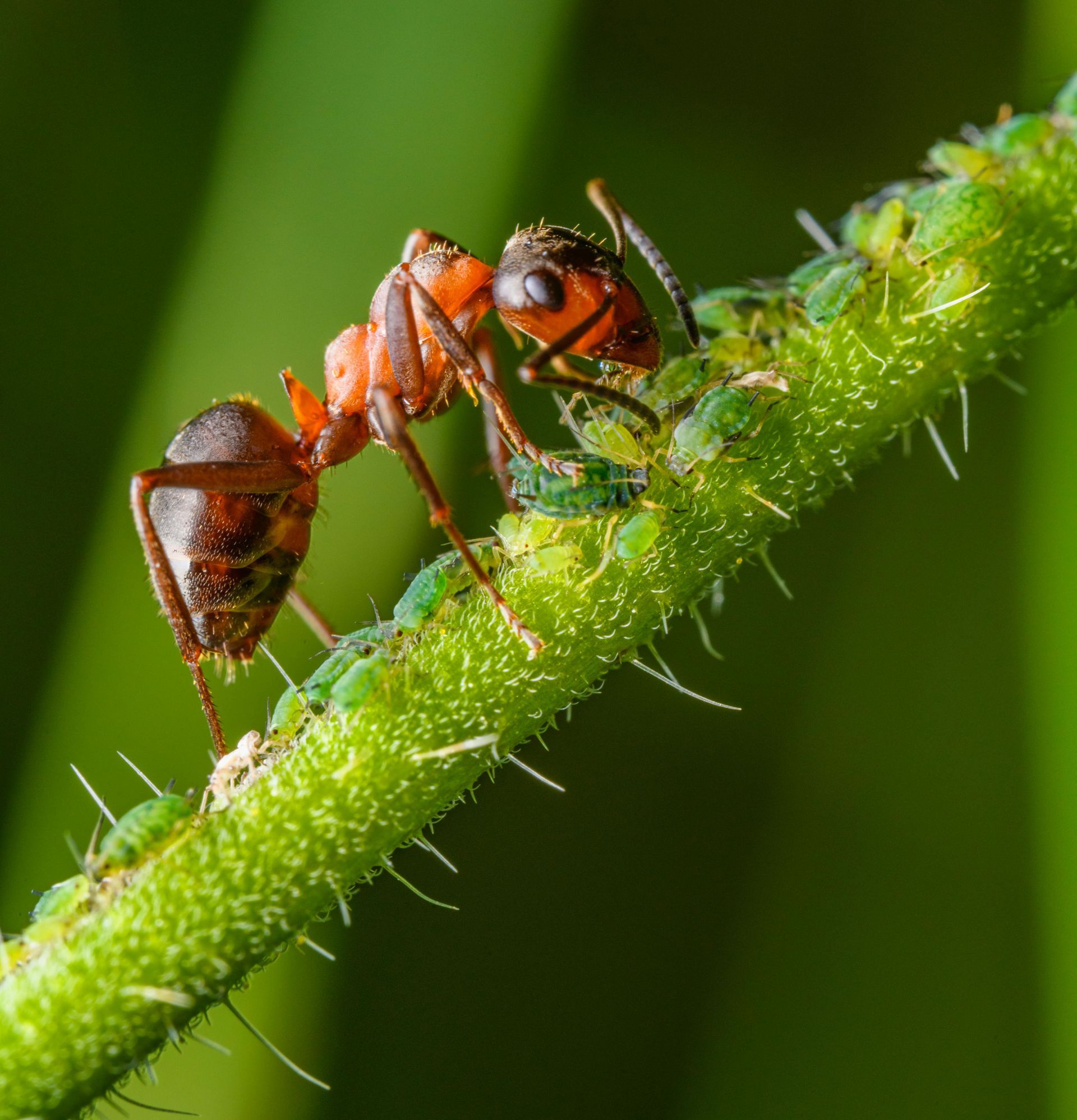Edible Gardens
Our designs allow for a transformation of green spaces and our way of relating to them.
Thanks to a well-planned design, we managed to reduce water consumption, increase soil fertility and attract biodiversity while enjoying organic fruit and vegetable production and regaining contact with nature and the knowledge of local culture.
Because we understand that a garden is a space to enjoy, we incorporate nature-based solutions to minimize maintenance work and costs.
We create beautiful, resilient and sustainable spaces to live in.
The pillars on which we base our designs are:
01 Water
- Passive infiltration strategies
- Rainwater harvesting systems
- Low-consumption irrigation systems
- Protection against soil erosion and degradation
02Biodiversity
03Soil Fertility
"Because the quality of human life is linked to the quality of their basic and daily actions"
You will rediscover the flavours and pleasure of food, enjoy the outdoors and learn to produce your own food, fertilisers and organic pest control products.













